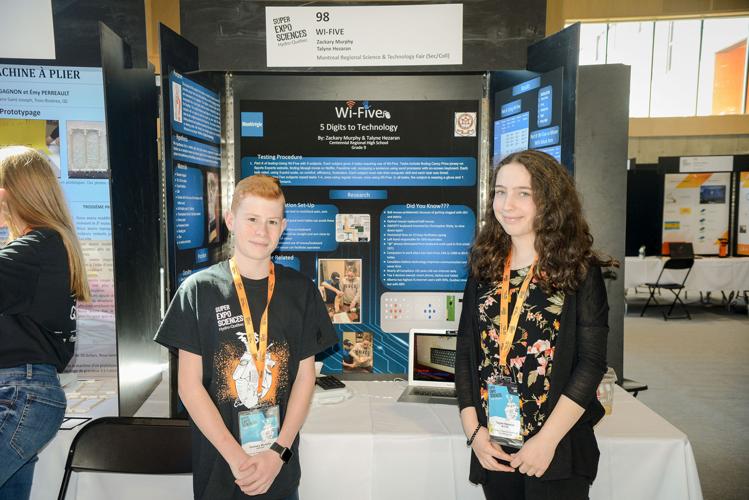
Carpal tunnel syndrome (CTS) occurs due to the pinching or squeezing of the median nerve in the carpal tunnel
of the wrist. This condition is the single most common peripheral nerve compression issue in the United States,
causing affected individuals to miss, on average, 27 days of work. Furthermore, this condition is thought to
affect approximately 6% of men and 9% of women in the USA. [1]
WI-FIVE is a wrist splint equipped with tactile buttons, allowing the user to wirelessly navigate their
computers. This splint aims to prevent CTS and tackle some of the condition's biggest setbacks for individuals
by promoting proper wrist support the patient requires for healing, while providing the functionality required
to operate a computer.
77% of Canadian households own at least one type of pet, [2]
the majority of which are either cats or dogs (23% and 20%, respectively). It is not uncommon for these
companions to develop serious conditions that lead to a loss of the senses which, in turn, can cause the animal
harm by simply navigating their environment on a daily basis. Not only this, but conditioning of these pets has
also become inhumane, with invetions such as shock collars, or electrical fences, which cause the animal pain
and agony, and is quite frankly inhumane.
K-911 is a stimulus-based alarm system that was initially developped for blind dogs to help them navigate their
home environments safely. This system is non-invasive and harmless to our beloved companions, and uses the
animal's remaining senses to help them safely navigate their surroundings. Using a pressure plate, a relay
system, and a stimulating device, the animal is subjected to one or multiple harmless stimuli which turns them
away from an area their owner wishes them to avoid, be it stairs, a room, etc.
Amyotrophic Lateral Sclerosis (ALS) is a nervous system disease affecting nerve cells in the brain and in the
spinal cord, causing loss of muscle control. Muscle weakness leads to the patient's inability to complete daily
tasks, leading to an increasing dependence on caregivers for the smallest things, such as drinking water,
eating, and going to the washroom. Consequently, this decrease in autonomy has detrimental effects on the
patient's quality of life, but are necessary to prolong it and to maintain as much mobility as possible.
The Exersweater is a stylish yet functional sweater for patients with neurodegenrative diseases, such as ALS.
This sweater is equipped with multiple accessories promoting proper support and positioning, such as a hidden
neck brace, a raised kangaroo pounch doubling as a sling, imbedded wrist splint, and more. This sweater is also
equipped with hidden loops to which the patient can attach themselves to a pulley-based exercise system we have
designed. This allows the patient to autonomously exercise and maintain their range of motion, provides them
with the optimal upper body positioning, and increases their independence, consequently improving their quality
of life.